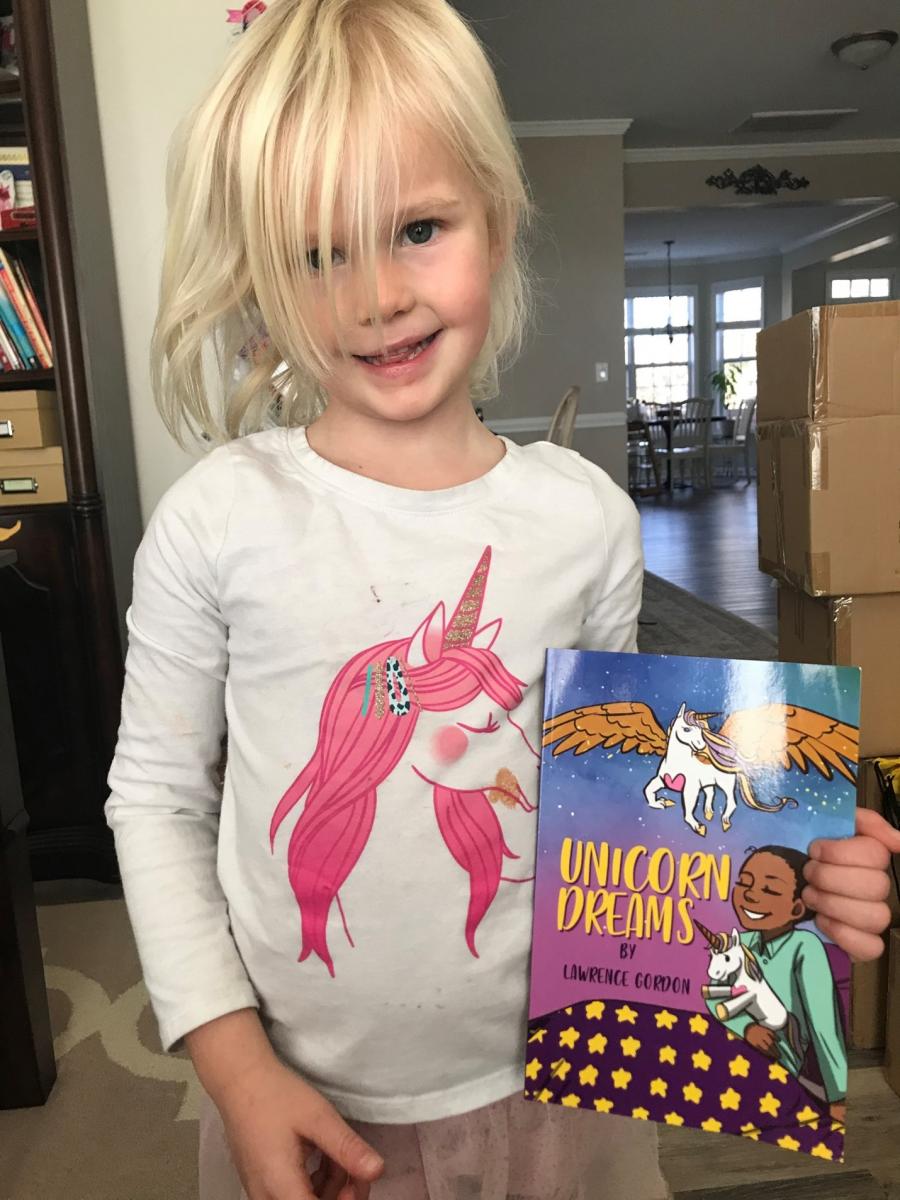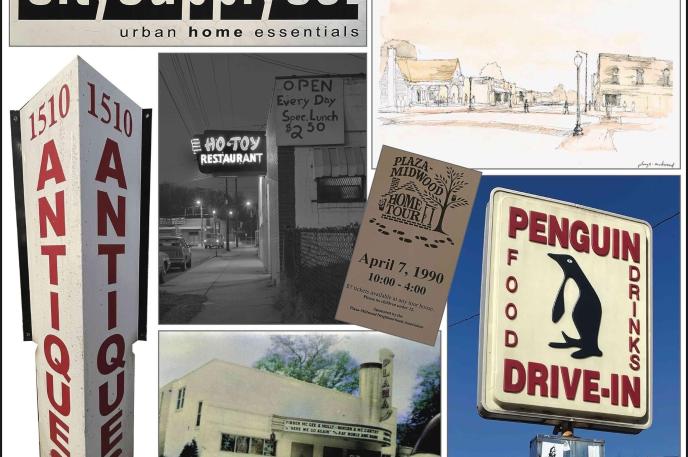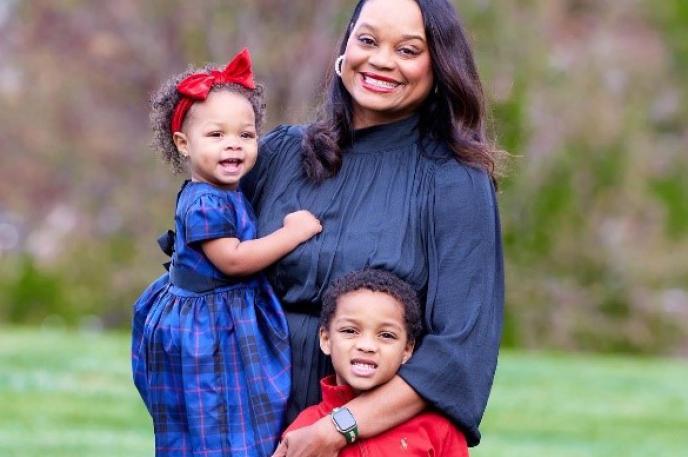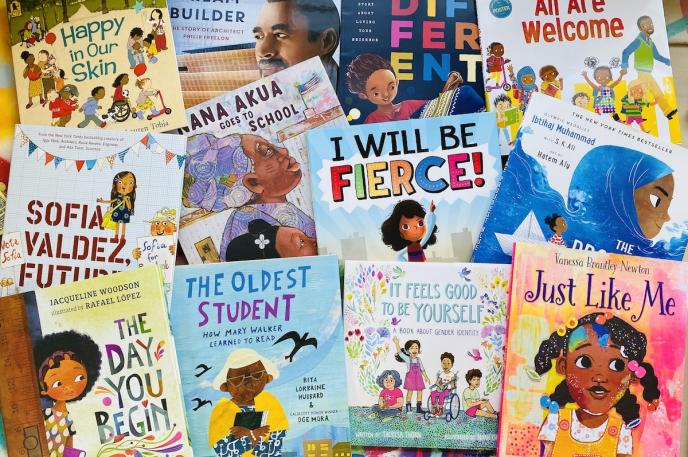This blog was written and contributed by local author Kristi Cruise to promote the National African American Read In on February 18, 2023.
I have published eight books, and counting, for literacy leadership company Living Libraries. Seven of those books feature bilingual text, six feature children of color on the cover and all eight of those books feature minority children as lead protagonists. Why? Because the mainstream children’s book industry is in many ways white-washed and it’s time we start talking about it. Representation is important. Children of color deserve and NEED to see themselves in children’s books.
For 10 years in my previous role, I led the largest book up-cycling distribution organization in Charlotte, NC. I started this non-profit humbly out of my garage following the housing recession of 2008. The organization grew quickly to distributing 20,000+ free books a month all coming from children who have simply outgrown them, going to children living primarily in Charlotte’s pre-identified book deserts. According to data from Charlotte-Mecklenburg Schools, 75% of elementary children in the district identify as “one or more minority” races, yet the books they were receiving from our organization to create at-home libraries featured 95%+ Caucasian characters. Even the human cartoon characters where were almost all undoubtedly white. And this is none one’s fault, in my opinion, as these precious books that children love and then love again were simply coming from Charlotte homes and reflected the homes they came from, but we cannot ignore the fact that minority children, at home and at school, are too often looking at books that feature children who do not look like them. This we believe can lead to a disconnect with reading and learning in general.
When children receive books that feature predominately white characters, several things happen. White children are conditioned to think subliminally, “Oh, I must be superior, as clearly I am on the covers of all the books.” Minority children, conversely, may unconsciously think, “What is wrong with me? I don’t look like the kids in these books.” This kind of underlying, subliminal, unconscious racism is plaguing our country and I, along with others, am invested in working to do something positive about it.
I am a white woman with three white children whom have access to more than enough books featuring children that look just like them. I feel it’s my duty to give my children access to books featuring children of color, because they also need to experience this reality. I can’t tell you how powerful it was when I gave my five-year-old daughter a book called Unicorn Dreams which featured an African American girl on the cover. Up until that point she had never seen a Black girl on a book with a unicorn before. This comes as no surprise to the author, Lawrence Gordon, because he couldn’t find one either – that’s why he wrote it.

All my books feature children of color because representation is important and moving forward will feature bilingual text as well. I do this not because these characters represent my own children, but rather because they don’t.
I wholeheartedly support the National African American Read In (NAARI), because, the NAARI goes a long way to helping our community understand why it’s so important that children of color, and all children get to see African Americans and other minorities celebrated in books. Until we can advocate for more representation in books, we have not gotten to the root cause of racism in America. Look at a string of TV commercials on just about any network coming into any home and you will find diversity abounds, because it reflects the colorful world we live in. The same should also be said of children’s bookshelves in any given home. The solution is simple: support diversity in children’s literature, support diversity driven authors who write them. It’s as easy as buying, borrowing or simply reading a diverse book to a child.
--
This year, the Charlotte Mecklenburg Library is hosting our 3rd Annual Celebration of the National African American Read-In, for the first time in person. We will be hosting an event open to the public on Saturday February 18th, from 10am-2pm. It will be held at Sugar Creek Charter Elementary (4101 N. Tryon Street).
Join us for workshops for all ages (registration required), live performances, traditional storytelling, a free food truck (while supplies last) and so much more.
We hope to see you there!





